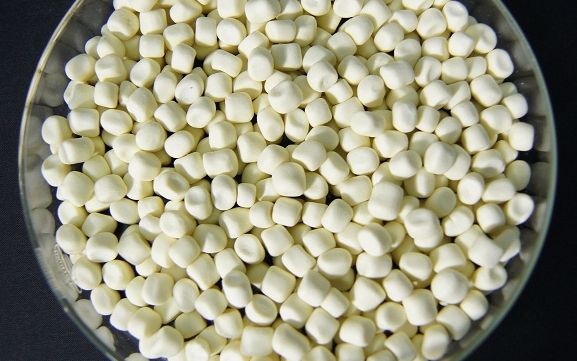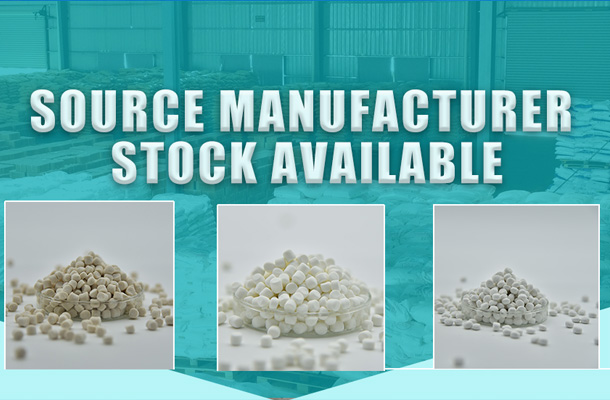NOBS, also known as N-Oxydiethylene-O'-Nitrobenzothiazole Sulfenamide or N-Oxydiethylenenitrobenzothiazole disulfide (and sometimes referred to as MBS in certain industry contexts), is an important accelerator in the rubber vulcanization process. It plays a significant role in enhancing the efficiency of rubber compound processing and the properties of the final vulcanized rubber products. Here's a detailed look at the roles of NOBS(MBS):
Effective Vulcanization Acceleration: NOBS(MBS) is a powerful sulfur vulcanization accelerator that enhances the cross-linking reaction between rubber polymer chains. It reacts with sulfur to form reactive intermediates, which promote the formation of sulfur bridges between the chains, thereby accelerating the curing process and leading to shorter cure times.
Scorch Resistance: While NOBS(MBS) is known for its fast-curing properties, it also offers a reasonable degree of scorch resistance. This means it can delay the onset of premature vulcanization during mixing and storage, providing rubber compound manufacturers with a wider processing window, especially useful in formulations that require extended mixing times or high-temperature processing.
Enhanced Physical and Dynamic Properties: The use of NOBS(MBS) in rubber formulations can lead to improved physical properties such as higher tensile strength, tear strength, and abrasion resistance. It promotes the formation of a well-crosslinked network that contributes to better resilience and fatigue resistance, making rubber products more durable and resistant to mechanical stress.
Synergism with Other Accelerators: NOBS(MBS) often demonstrates strong synergistic effects when used in combination with other accelerators like thiazoles or thiurams. These combinations can optimize the cure rate, improve the sulfur dispersion, and enhance the overall balance of cure characteristics, allowing for the tailoring of vulcanization profiles to specific application requirements.
Compatibility with a Variety of Rubbers: NOBS(MBS) is compatible with a wide range of rubber types, including natural rubber (NR), synthetic rubbers like styrene-butadiene rubber (SBR), butadiene rubber (BR), and nitrile rubber (NBR). This versatility makes it a valuable accelerator for various applications across the rubber industry, from tire manufacturing to industrial rubber goods and consumer products.
Processability Improvements: NOBS(MBS) can aid in improving the dispersion of fillers and other additives in the rubber compound, leading to better processability during mixing, extrusion, and molding. This results in more consistent and higher-quality rubber products with fewer defects.
Environmental and Safety Considerations: Like all accelerators, NOBS(MBS) requires careful handling due to potential health and environmental risks. Safe handling procedures and disposal methods must be followed, and efforts are ongoing to develop and adopt more environmentally friendly alternatives or strategies to minimize its impact.
In summary, NOBS(MBS) is a vital accelerator in rubber technology due to its capability to efficiently accelerate vulcanization, offer a balance of scorch resistance, enhance the physical and dynamic properties of vulcanized rubber, and work synergistically with other accelerators. Its compatibility with various rubber types and its positive impact on processability and product quality make it a widely utilized accelerator across the rubber industry, with ongoing attention paid to its safe and sustainable use.







